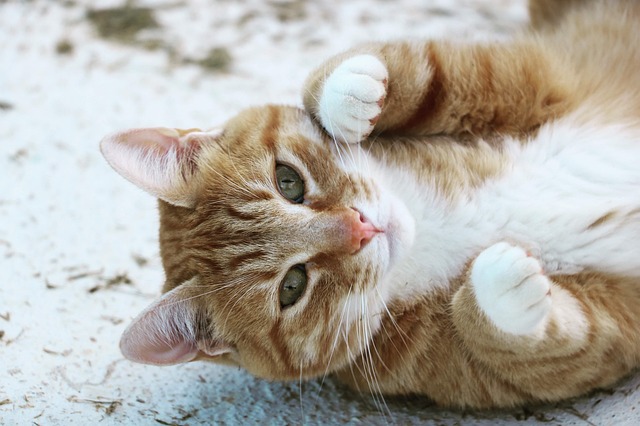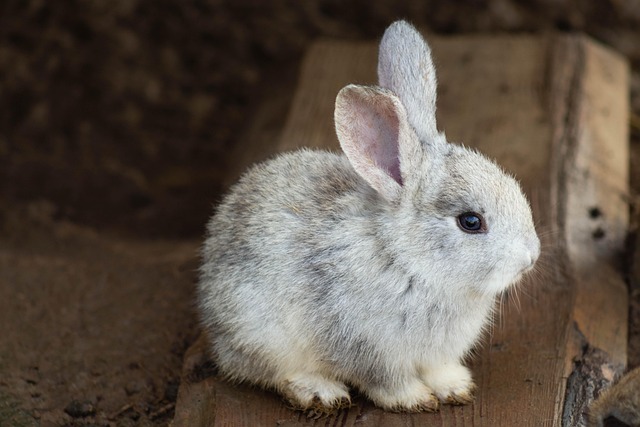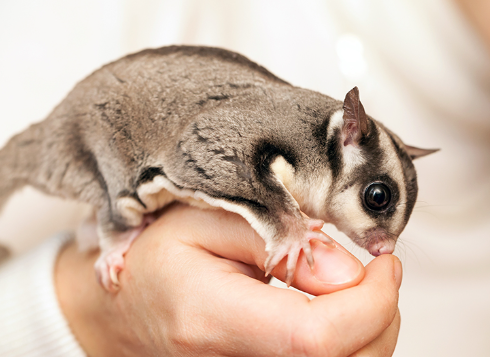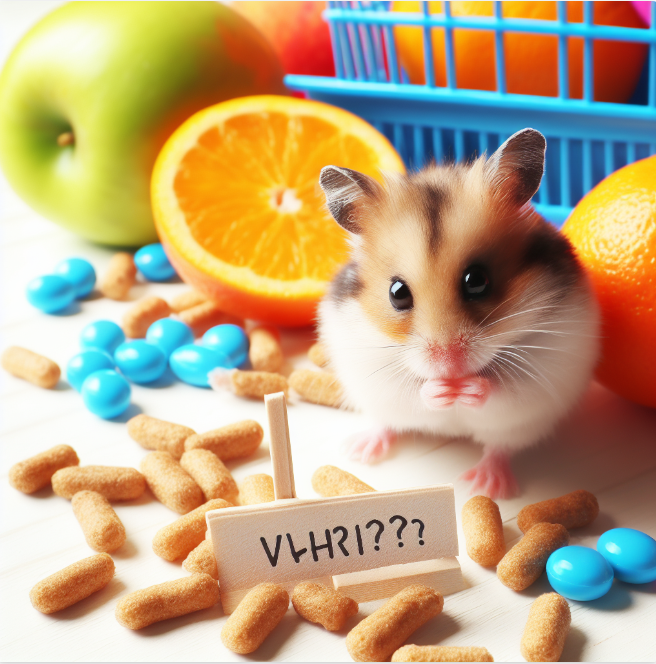What are hamsters allowed to eat?
What are hamsters allowed to eat?
Discover the key to keeping your hamster healthy and content with our guide on 'What Are Hamsters Allowed to Eat.' Learn about the basics of hamster nutrition, including commercial hamster food, fresh vegetables, and safe fruit treats. We'll also highlight foods to avoid and provide essential tips for portion control. Keep your furry friend happy with the right diet, and ensure their well-being with expert insights.
What Are Hamsters Allowed to Eat: A Guide to Hamster Nutrition
Hamsters are adorable, tiny creatures that make delightful pets. However, providing them with the right diet is essential to ensure their health and happiness.
Hamster Diet Basics
When it comes to feeding your furry friend, it's crucial to understand the basics of their dietary needs.
Commercial Hamster Food
Commercial hamster food is an excellent starting point for their nutrition. These pellets or seed mixes are specially formulated to meet your hamster's dietary requirements. Look for high-quality options with a variety of grains, seeds, and dried fruits.
Fresh Vegetables
Fresh vegetables are a great addition to your hamster's diet. Offer small portions of veggies like carrots, broccoli, spinach, and cu***bers. Ensure the vegetables are clean and free from pesticides.
Fresh Fruits
Hamsters love fruits, but they should be given sparingly due to their high sugar content. Offer treats like apple slices, banana, or blueberries occasionally as a special treat.
Foods to Avoid
Not everything is safe for your hamster to eat. Some foods can be harmful to their health.
Citrus Fruits
Citrus fruits like oranges and lemons are acidic and can upset your hamster's stomach. Avoid giving them citrus fruits altogether.
Onions and Garlic
Onions and garlic are toxic to hamsters and should be kept far away from their diet. Even small amounts can be harmful.
Sugary or Salty Snacks
Avoid giving your hamster sugary or salty snacks like candies, chips, or cookies. These can lead to obesity and other health issues.
Water and Hydration
In addition to food, your hamster needs access to clean, fresh water at all times. Provide water in a sipper bottle or a shallow dish, ensuring it's changed regularly.
Portion Control
Hamsters are small animals, so it's essential to control portion sizes. Overfeeding can lead to obesity and health problems. Follow recommended serving sizes for commercial hamster food and limit treats to occasional indulgences.
What normal foods can hamsters eat?
Fresh water: essential for life.
Concentrate (nuggets or mix): needed for nutritional balance.
Fresh, green vegetables such as asparagus, broccoli, cauliflower, carrots, celery, chard, sweet corn, kale, cress, courgette.
What is unsafe for hamsters?
Chocolate, particularly dark chocolate: It contains theobromine and is toxic in large amounts, which is easy to do with the tiny, sweet-toothed hamster. Garlic: This can cause indigestion and blood disorders in moderate amounts. Kidney beans, uncooked: These are toxic to hamsters; do not feed.
What can hamster drink?
Fresh water should be provided to your hamster every day. Hamsters drink approximately 10 milliliters of water per 100 grams of body weight per day. It is best to provide water in a bottle with a stainless-steel sipper tube.
Can hamsters drink coffee?
Coffee contains caffeine, which could be poisonous to small creatures. Anyway, hamsters are meant to be sleepy in the morning: they're nocturnal creatures. It'd be far kinder to leave him to snooze peacefully in his bed in the daytime.
Final Thoughts
In conclusion, understanding what hamsters are allowed to eat is vital for their well-being. A balanced diet of commercial hamster food, fresh vegetables, and occasional fruits, along with plenty of fresh water and proper portion control, will help keep your hamster healthy and happy.
Remember that every hamster is unique, and it's essential to monitor their dietary preferences and health to ensure they are thriving. Consult with a veterinarian if you have specific concerns about your hamster's diet or health.
By providing your hamster with the right nutrition, you can enjoy a long and joyful companionship with your tiny furry friend.












Leave a comment